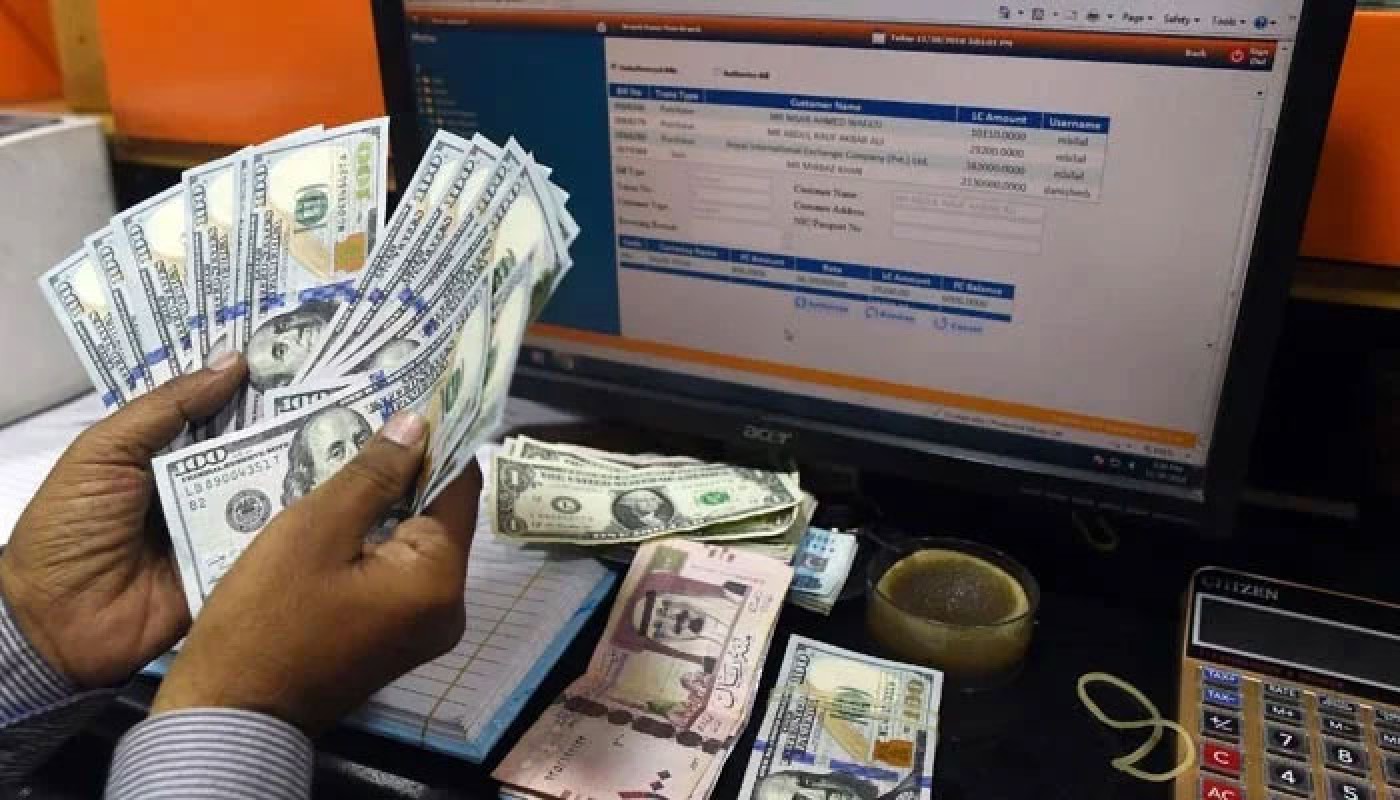Private businesses urge government to ease export restrictions amid foreign currency shortages

643

Hsu / Yoon (NP News) - Sep 13
While foreign currency is flowing out of the country, domestic business owners have proposed to The Statesman journal that regulations on export businesses be relaxed to encourage greater foreign currency inflows.
Currently, there is a growing need for foreign currency domestically, and according to the Central Bank of Myanmar's data, there are also leaks of foreign currency from sectors like insurance and travel, including illegal transactions abroad.
To mitigate the foreign currency shortage, while the government is increasing efforts to boost exports, some suggest easing restrictions on export businesses to enhance their effectiveness.
An export businessman explained, "While the government is promoting exports, essential restrictions should be eased. We are obligated to use our export earnings within a month, or the Central Bank exchanges them at the official rate. This makes importing more attractive than exporting. The lengthy import license process, which takes two to three months, further hinders exports. To encourage exports, the one-month period for using export earnings should be extended to three months."
Moreover, a businessperson has proposed that fully relaxing restrictions on foreign investment earnings from export businesses could encourage foreign investment, alleviating the foreign currency shortage.
Although foreign investment may not be forthcoming during this period, certain foreign companies recognize the potential for profit in such circumstances. Many firms are willing to invest in countries with weaker regulatory environments. While developed nations may offer less lucrative investment opportunities, emerging markets can provide higher returns. However, foreign companies are unlikely to invest if they are required to exchange a substantial portion of their profits at an unfavorable rate. Setting exchange rates at 25% or 75% when attracting foreign investment will be a deterrent.
Domestic opportunities to earn foreign currency include export revenues, foreign investment inflows, profits from overseas investments, remittances, tourism and aviation earnings, foreign currency services, loans, and foreign aid.
A businessman suggested that to increase foreign currency earnings, the government should create favorable conditions. Additionally, relaxing regulations on the condominium law and fostering a conducive business environment for domestic investments should be considered.
"The government should seriously consider the Condominium Law and allow the sale of condominiums. Countries like Thailand and Singapore sell condominiums to foreigners during economic downturns. Given the current devaluation of the Myanmar Kyat, there would be buyers. Especially in major cities like Yangon and Mandalay, the government should focus on strengthening the Condominium Law during times when foreign currency is scarce. These are businesses that directly bring in foreign currency. The government should create more businesses that generate foreign currency. Instead of just complaining about people leaving the country and taking money with them, the government should focus on creating a conducive business environment by relaxing regulations."
However, the insurance sector is also contributing to the illegal outflow of foreign currency. Policyholders who pay in foreign currency are directly contacting foreign insurance companies, bypassing Myanmar's insurance companies, leading to unauthorized foreign currency transfers.
Furthermore, according to the SAC, depending on the travel season, a travel agency can send between 30 to 50 tourists abroad per month. With a minimum insurance fee of US$18 per person per year, it is estimated that a travel agency could send over US$10,000 abroad annually.
Given the presence of 2,862 registered travel companies in Yangon Region, it is estimated that approximately $28.62 million may be remitted abroad annually, according to SAC.